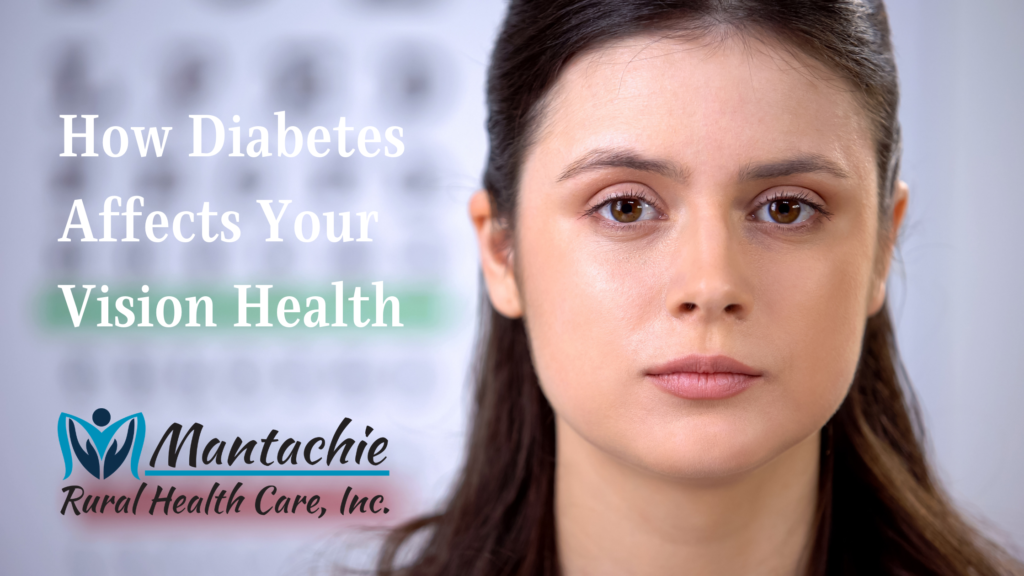On the day this article was written, at least 12 children were in an intensive care unit. Seven of those children were on life support as a result of the delta covid-19 variant in Mississippi.
State Health Officer Dr. Thomas Dobbs shared this information on Tuesday, July 13, 2021, and encouraged Mississippi residents to take the new delta variant seriously. Dobbs stated that the delta variant is the most common type of covid-19 that’s been recently diagnosed in Mississippi. Most cases are occurring in non-vaccinated residents. He also reminded residents that we are currently seeing a surge in covid-19 cases and precautions should be established to help curb this uptick.
On the same day that Dr. Dobbs tweeted this new information, the Mississippi Department of Health reported more than 200 new cases of covid-19 and released new public health guidance. These recommendations include:
- Asking those 65 and older and residents with underlying medical conditions, even those who have been vaccinated, to avoid large indoor gatherings.
- Asking all Mississippi residents aged 12 years or older to get vaccinated.
- Requesting unvaccinated residents to wear a mask during all public outings.
Why the Delta Variant is Rising in Mississippi
At this time, only 33.5% of the state has been fully vaccinated against covid-19. A large portion of those unvaccinated in Mississippi are children and the delta variant seems to have a strong transmission among younger people.
Children aren’t the only ones at risk. Anyone unvaccinated, is 65 or older, or has an underlying medical condition is at a greater risk for contracting covid-19. These same groups are also at a greater risk for serious illness or death from the disease.
What You Can Do to Help Stop the Spread
After enjoying several months of “freedom” from masks and social distancing, it’s time to dust off the mask and implement some social distancing rules again. We don’t expect the state to go into a shutdown but you can help stop the spread of this latest variant by practicing your own safety guidelines. Keep washing your hands often and avoid large crowds. Wear a mask if you aren’t vaccinated and consider getting inoculated soon.
If you do develop covid-9 symptoms, isolate yourself right away and get a proper diagnosis from your provider. It is extremely important to get tested for covid-19 as soon as you notice symptoms. An early diagnosis and treatment can save your life and the lives of those around you.
If you are experiencing covid-19 symptoms, contact Mantachie Rural Healthcare today at 662-282-4226 to get help.










